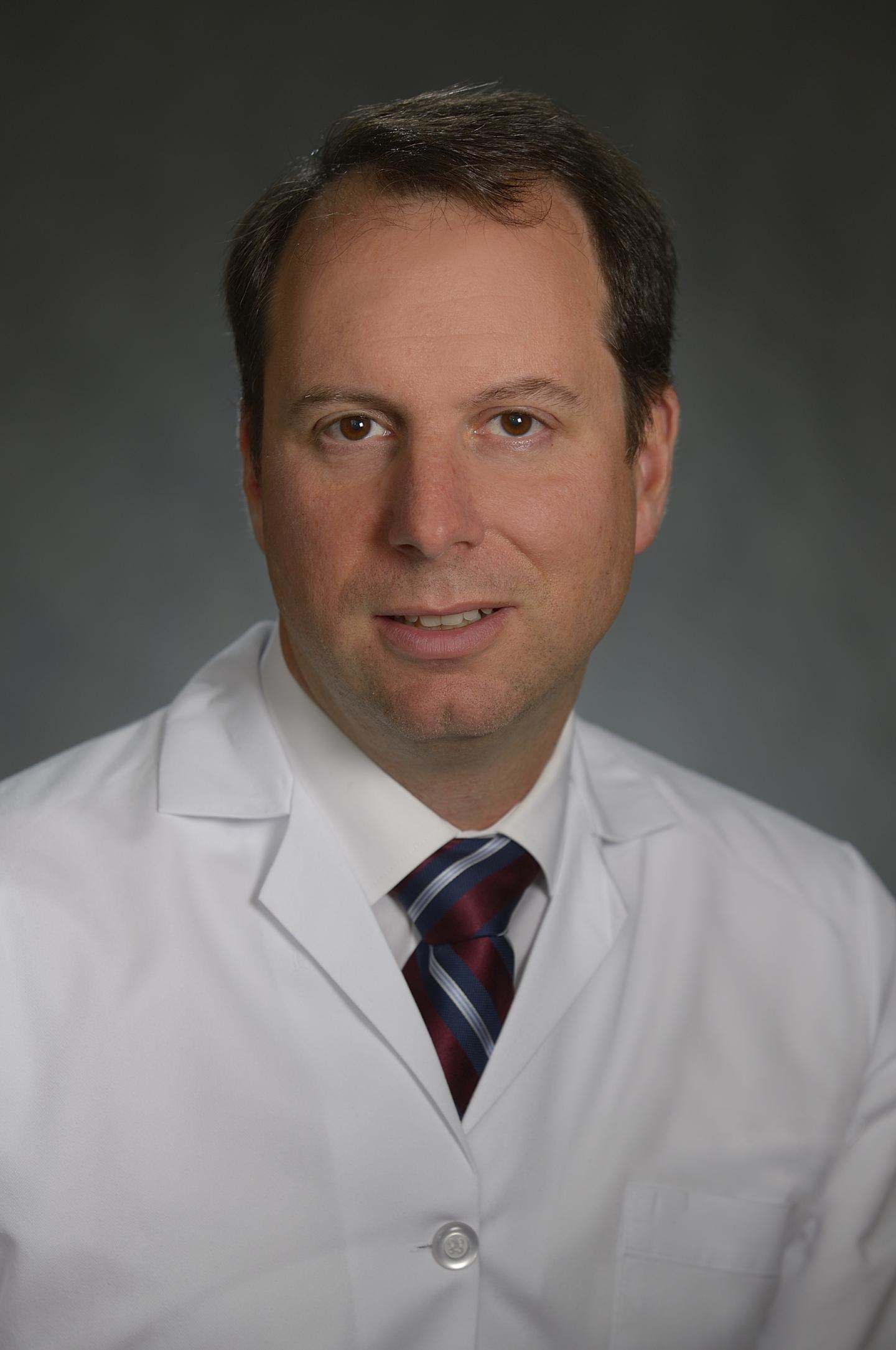
Credit: Penn Medicine
PHILADELPHIA – The Melanoma Research Foundation (MRF) is honoring two Penn clinicians for their tireless work in caring for patients. Ari D. Brooks, MD, a professor of Surgery in the Perelman School of Medicine at the University of Pennsylvania, the director of Endocrine and Oncologic Surgery in Penn's Abramson Cancer Center, and the director of the Integrated Breast Center at Pennsylvania Hospital, will receive the 2018 Humanitarian Award. Suzanne McGettigan, CRNP, a Nurse Practitioner in the Abramson Cancer Center, will receive the Compassionate Care Award. Both clinicians will be honored as part of the MRF's 5th Annual Wings of Hope of Melanoma Gala on June 13th.
The Humanitarian Award goes each year to an oncologist, dermatologist, or surgeon who is making a large impact in the melanoma community. Brooks is being honored for his commitment to and reputation for exemplary patient care and treatment.
The Compassionate Care Award is given out annually to an individual who has shown compassion, dignity, and leadership, and who offers a patient-centered approach to those in their care. McGettigan was nominated by Brooks and several of her patients for her unwavering commitment to patient care.
Melanoma is one of the fastest growing cancers in the United States and can strike men and women of all ages, races and skin types. One in 50 Americans will develop melanoma at some point in their lives, with nearly 178,000 new diagnoses expected this year alone. It is the leading cause of cancer death in women 25 to 29 years old and is the second most commonly diagnosed cancer in children and young adults aged 15 to 29. The majority of melanomas occur on the skin but can also occur in the eye, in mucous membranes, or beneath fingernails or toenails.
###
Penn Medicine is one of the world's leading academic medical centers, dedicated to the related missions of medical education, biomedical research, and excellence in patient care. Penn Medicine consists of the Raymond and Ruth Perelman School of Medicine at the University of Pennsylvania (founded in 1765 as the nation's first medical school) and the University of Pennsylvania Health System, which together form a $7.8 billion enterprise.
The Perelman School of Medicine has been ranked among the top medical schools in the United States for more than 20 years, according to U.S. News & World Report's survey of research-oriented medical schools. The School is consistently among the nation's top recipients of funding from the National Institutes of Health, with $405 million awarded in the 2017 fiscal year.
The University of Pennsylvania Health System's patient care facilities include: The Hospital of the University of Pennsylvania and Penn Presbyterian Medical Center — which are recognized as one of the nation's top "Honor Roll" hospitals by U.S. News & World Report — Chester County Hospital; Lancaster General Health; Penn Medicine Princeton Health; Penn Wissahickon Hospice; and Pennsylvania Hospital — the nation's first hospital, founded in 1751. Additional affiliated inpatient care facilities and services throughout the Philadelphia region include Good Shepherd Penn Partners, a partnership between Good Shepherd Rehabilitation Network and Penn Medicine, and Princeton House Behavioral Health, a leading provider of highly skilled and compassionate behavioral healthcare.
Penn Medicine is committed to improving lives and health through a variety of community-based programs and activities. In fiscal year 2017, Penn Medicine provided more than $500 million to benefit our community.
Media Contact
John Infanti
[email protected]
215-301-5221
@PennMedNews
http://www.uphs.upenn.edu/news/





